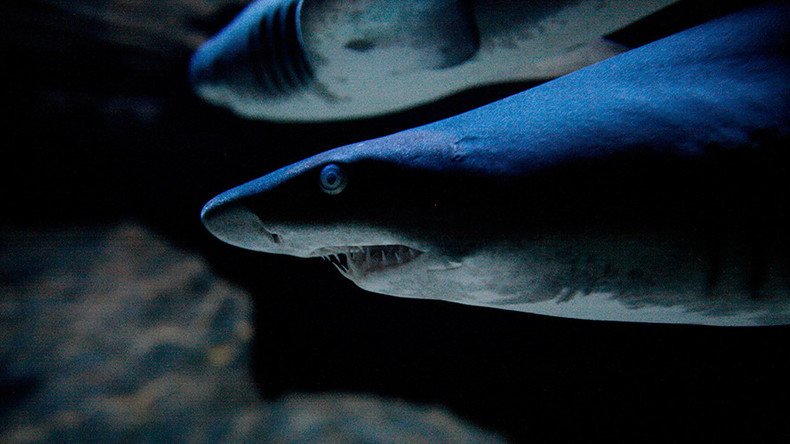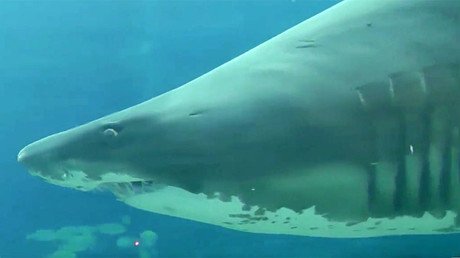Farewell, tooth loss! Humans could soon regrow teeth like sharks, study says

Sharks and humans aren't the best of friends, but it seems they have more in common than previously thought. A new study found that people possess the same cells that allow sharks to regrow their teeth, meaning that humans could potentially do the same.
The intimidating jaws of sharks are filled with razor-sharp teeth that are continuously replaced throughout the course of a lifetime. This is made possible by a special set of epithelial cells known as dental lamina, according to research conducted by scientists at the University of Sheffield in northern England.
"We know that sharks are fearsome predators and one of the main reasons they are so successful at hunting prey is because of their rows of backward pointing, razor-sharp teeth that regenerate rapidly throughout their lifetime, and so are replaced before decay,” Dr. Gareth Fraser, from the university's Department of Animal and Plant Sciences, said in a statement.
Through analyzing catshark embryos, the scientists found that the dental lamina cells are active in the initial emergence of shark's teeth and are re-deployed for further tooth regeneration.
Although it may seem like a unique and impressive ability, the researchers have found that humans actually possess the same set of cells. However, humans currently only experience two sets of teeth being formed in their lifetime – baby teeth and adult teeth.
According to the scientists, the tooth-making genes found in sharks have been conserved through 450 years of evolution, and probably made the first vertebrate teeth. However, the ability in humans has been dramatically reduced over time.
The finding represents a significant achievement for the researchers, as the genetic mechanisms that allow sharks to regenerate their teeth have previously been poorly understood.
The new discovery could pave the way for the development of therapies for human tooth loss, according to Fraser.
"At some point during adolescence, we lose the cells, they break down. There is a possibility we can re-invigorate them with future dental therapies,” the Mail Online reported him as saying.
"The 'Jaws' films taught us that it's not always safe to go into the water, but this study shows that perhaps we need to in order to develop therapies that might help humans with tooth loss,” Fraser said.
The scientists noted that research will take many years, but expressed confidence that “regenerating teeth will happen.”
The research was published in the journal Developmental Biology on Friday.













